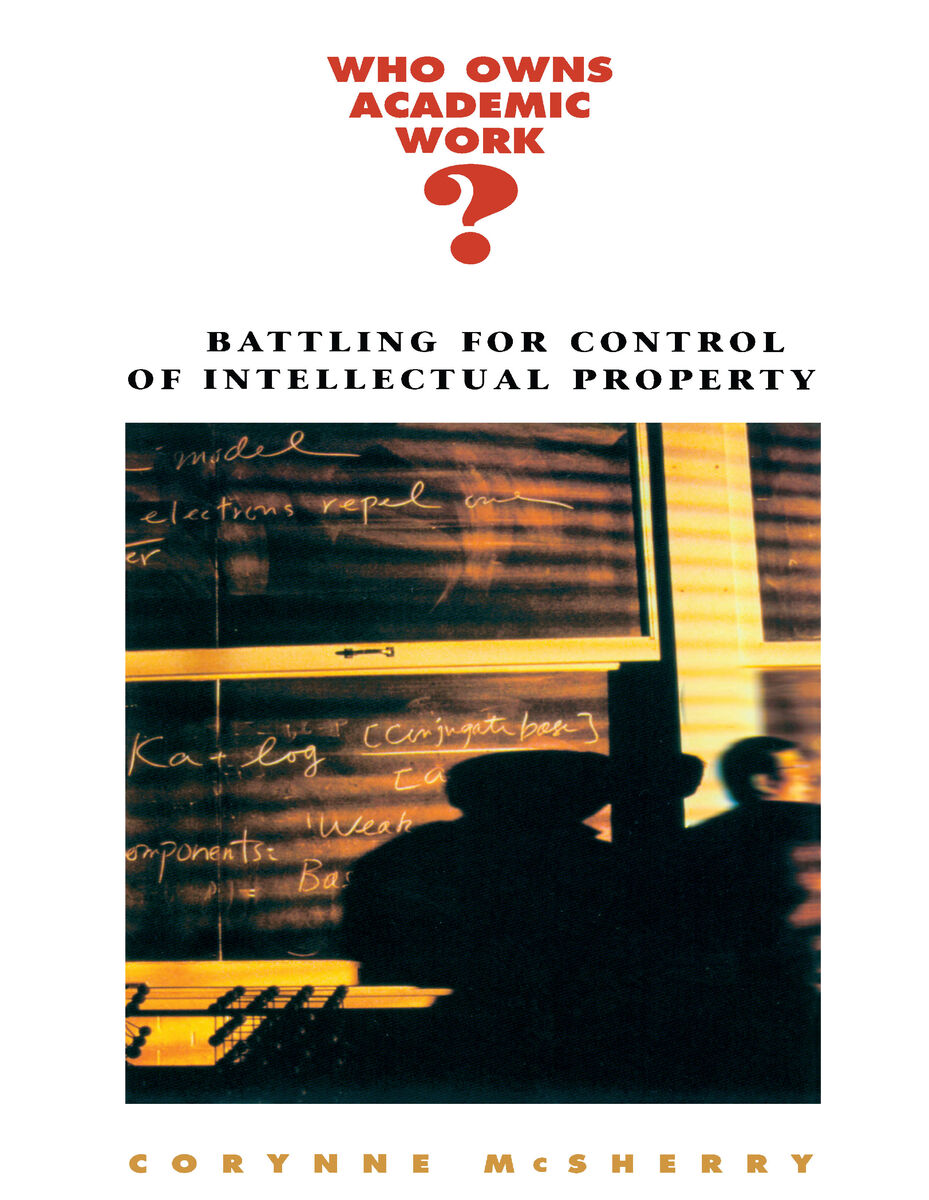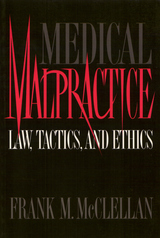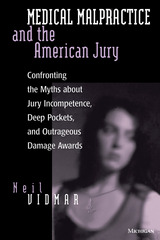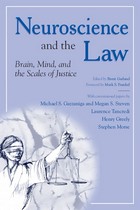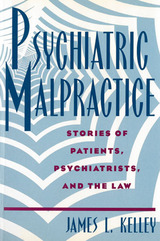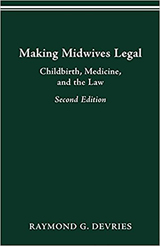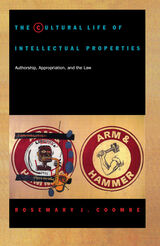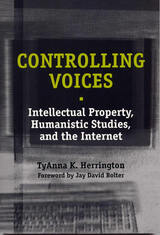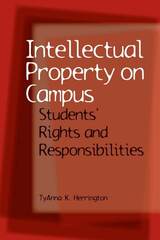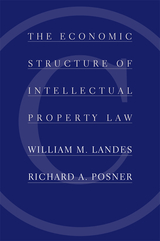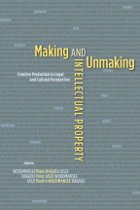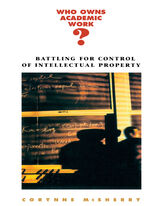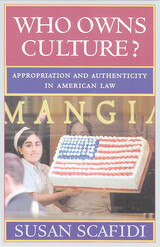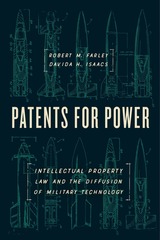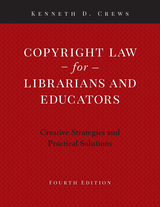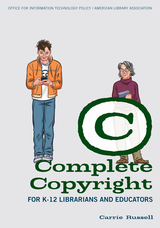eISBN: 978-0-674-04089-2 | Cloth: 978-0-674-00629-4 | Paper: 978-0-674-01243-1
Library of Congress Classification KF2979.M37 2001
Dewey Decimal Classification 346.73048
Who owns academic work? This question is provoking political and legal battles, fought on uncertain terrain, for ever-higher stakes. The posting of faculty lecture notes on commercial Web sites is being hotly debated in multiple forums, even as faculty and university administrators square off in a battle for professorial copyright. In courtrooms throughout the country, universities find themselves embroiled in intricate and expensive patent litigation. Meanwhile, junior researchers are appearing in those same courtrooms, using intellectual property rules to challenge traditional academic hierarchies. All but forgotten in these ownership disputes is a more fundamental question: should academic work be owned at all? Once characterized as a kind of gift, academic work--and academic freedom--are now being reframed as private intellectual property.
Drawing on legal, historical, and qualitative research, Corynne McSherry explores the propertization of academic work and shows how that process is shaking the foundations of the university, the professoriate, and intellectual property law. The modern university's reason for being is inextricably tied to that of the intellectual property system. The rush of universities and scholars to defend their knowledge as property dangerously undercuts a working covenant that has sustained academic life--and intellectual property law--for a century and a half. As the value structure of the research university is replaced by the inequalities of the free market, academics risk losing a language for talking about knowledge as anything other than property. McSherry has written a book that ought to deeply trouble everyone who cares about the academy.
See other books on: Academic freedom | Copyright | Intellectual property | Public domain (Copyright law) | Scholarly publishing
See other titles from Harvard University Press
